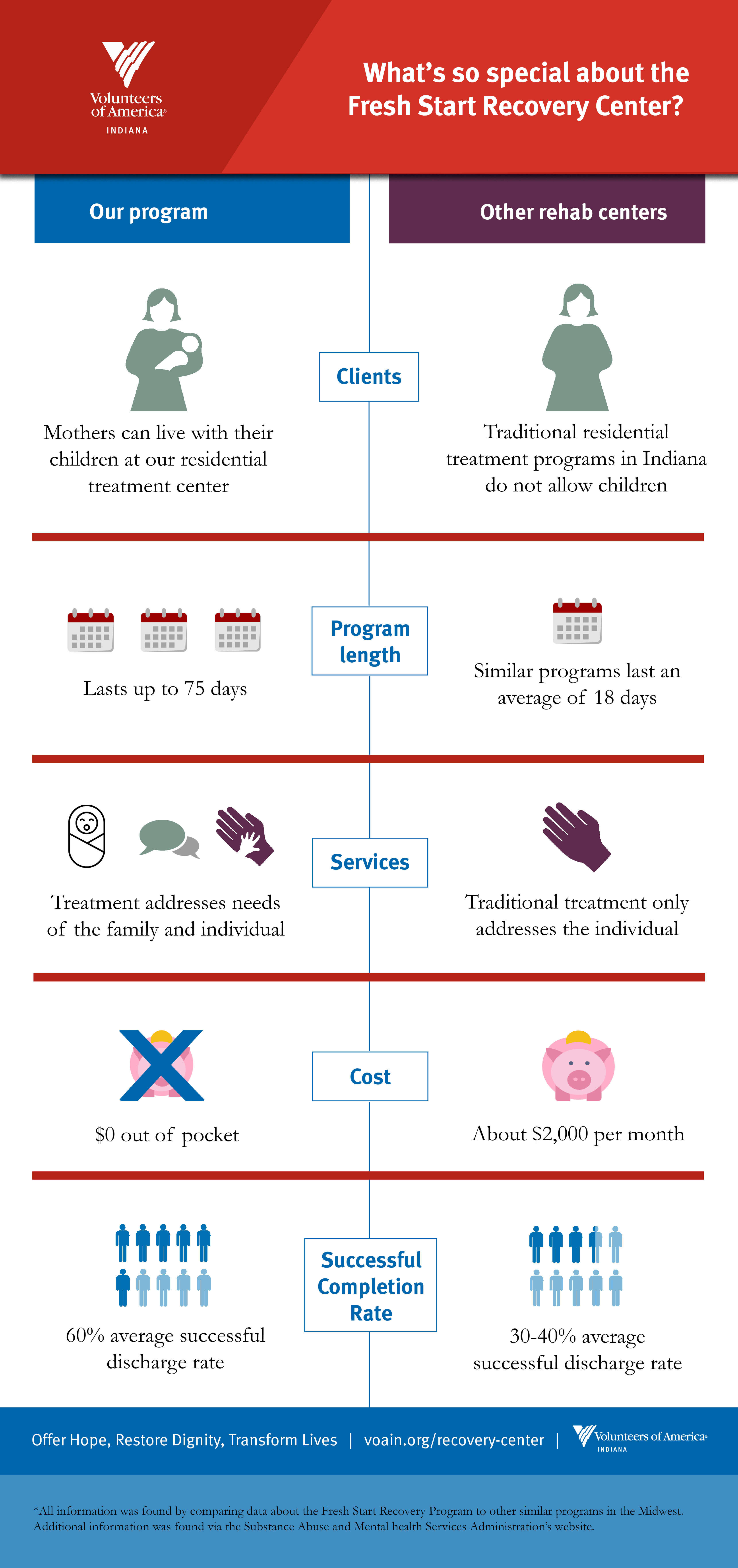Coping With Triggers And Cravings After Drug Rehab
Coping With Triggers And Cravings After Drug Rehab
Blog Article
Web Content By-Kanstrup Jansen
You have actually finished Drug rehab and taken a substantial action in the direction of a much healthier way of living. And now, facing visit this web page link and cravings post-rehab can be a challenging trip. How do you browse through these moments without compromising your development? Recognizing the strategies to handle triggers and desires is essential in preserving your sobriety. Let' check out here out effective ways to manage these challenges and safeguard your newfound dedication to living a drug-free life.
Determining Triggers and Cravings
To properly manage your triggers and desires, begin by identifying the situations or feelings that bring about your need to make use of. Take a moment to assess what conditions or sensations trigger your cravings. Is it stress and anxiety, boredom, social situations, or particular places? By pinpointing these triggers, you can much better prepare yourself to handle them.
Triggers can be both internal, such as adverse emotions or physical discomfort, and outside, like being around people who use substances or seeing a particular location.
Take note of patterns in your desires-- are they more frequent at specific times of the day or in reaction to specific occasions?
Building Healthy Coping Methods
Identifying your triggers and yearnings is the first step in the direction of building healthy coping strategies to manage them efficiently. As soon as you recognize what circumstances, emotions, or individuals trigger your cravings, you can start creating a plan to address them.
One efficient method is to replace negative actions with favorable ones. For instance, if tension activates cravings, practicing relaxation strategies such as deep breathing or reflection can help. Participating in physical activities such as workout or going with a walk can also be a fantastic means to deal with cravings.
One more essential aspect of building healthy coping methods is to create a supportive atmosphere. Border on your own with people that comprehend your journey and can provide encouragement and accountability. It is necessary to establish borders with individuals that may not support your recovery.
Additionally, establishing a routine that includes healthy habits like normal workout, appropriate nourishment, and enough rest can assist you remain on track and reduce the possibility of experiencing triggers and desires.
Looking For Assistance and Accountability
Producing a network of supportive individuals that can provide encouragement and hold you liable is crucial in taking care of triggers and desires successfully. Look for good friends, member of the family, or a support group who recognize your trip and can use advice when you face tough circumstances.
Having a person to speak to throughout moments of temptation can make a considerable difference in remaining on track with your healing. Responsibility partners can assist you remain focused on your objectives and advise you of the reasons you picked to seek aid to begin with.
They can additionally assist in developing an organized plan to handle triggers and cravings, such as creating alternative tasks or dealing systems to replace need to utilize medications. Normal check-ins with your support system can supply peace of mind and motivation, assisting you feel much less isolated in your recovery trip.
Conclusion
Keep in mind, recognizing and coping with triggers and desires after Drug rehabilitation is a vital element of keeping sobriety.
By recognizing your triggers, building healthy coping techniques, and seeking support from loved ones or support system, you can navigate via challenging moments and remain focused on your sobriety goals.
Bear in mind, you aren't alone in this journey, and with the right tools and assistance, you can conquer temptations and live a satisfying, drug-free life.
Keep strong and keep moving on.
